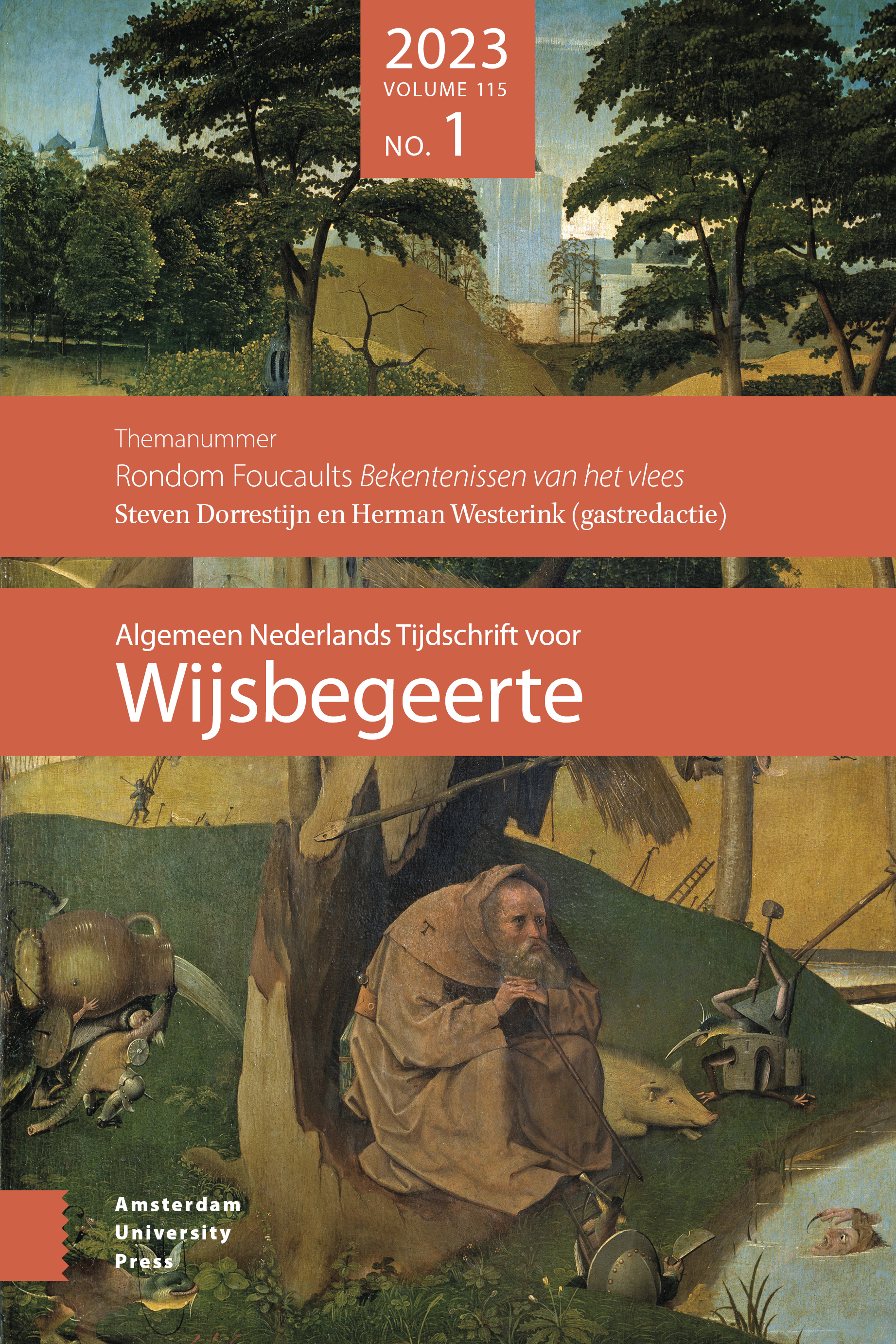-
oa Wisdom Begins with Awe
- Amsterdam University Press
- Source: Algemeen Nederlands Tijdschrift voor Wijsbegeerte, Volume 112, Issue 3, Aug 2020, p. 291 - 305
-
- 01 Aug 2020
Abstract
In the present essay, wisdom is conceived as the basic knowledge that underpins all forms of humanising knowledge and the striving for justice. The idea of wisdom as indispensable to all human endeavours is one that can be found in the works of Plato and Cicero. In ancient writings, we also see that wisdom is traditionally opposed to hubris. Hence, following Gabriel Marcel, the quest for wisdom can be regarded as an antidote to practical anthropomorphism. Consequently, I argue that the quest for wisdom depends on an anti-hubris attitude, namely, piety or reverence. The fear of the gods, which is recommended by ancient poets and philosophers, is here considered as encouraging that piety and hence the love of wisdom. I distinguish between piety and traditionalism and show that the latter is hostile to awe and wisdom. I also briefly address the tension between traditions and philosophy and suggest that the dilemma can be resolved by critical alertness and by putting the insights of religious traditions on par with the wisdom of literature and poetry. The quest for wisdom, I argue, is fostered and hindered by particular cultural contexts. Ours today is more hostile to such quest.


